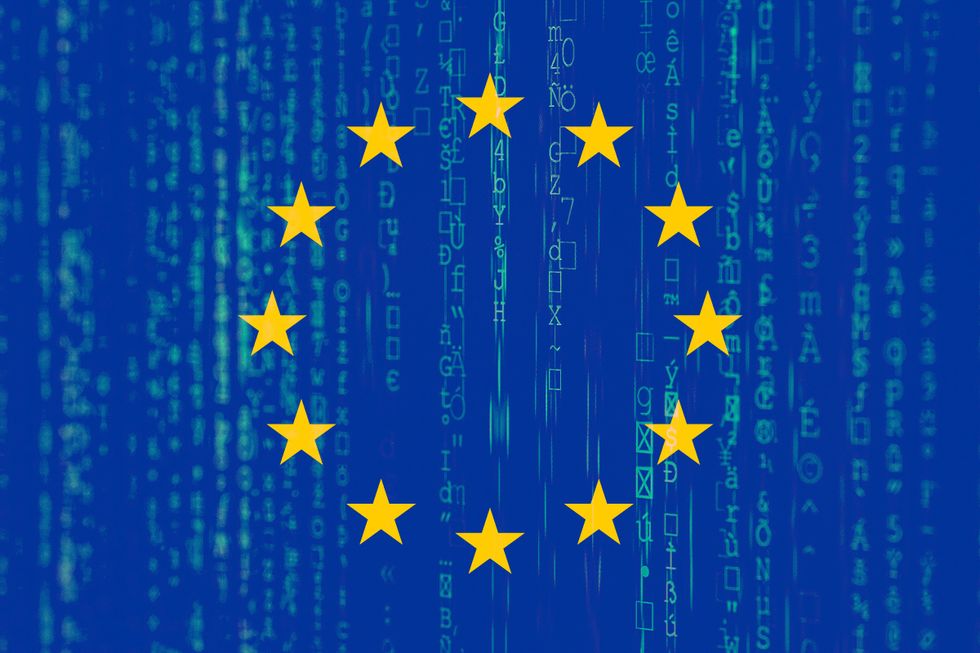Kevin Allison is a Senior Editor for Signal. Based in Washington DC, he looks at how technology is reshaping global affairs. Kevin is also a Director in the Geo-Technology practice at Eurasia Group. Kevin holds degrees from the University of Missouri and from Harvard's Kennedy School of Government. He was also a Fulbright Scholar in Vienna, Austria and a 2015 Miller Journalism Fellow at the Santa Fe Institute. Prior to GZERO Media and Eurasia Group, Kevin was a journalist at Reuters and the Financial Times. He has lived in eight US states and has been an expat four times.
It used to be that a country's sovereignty – its ability to do what it wants at home and abroad – depended mostly on military or economic clout. But in the digital age, when the ability to make sense of massive amounts of data will increasingly determine economic and military might, that's changing.
For the EU in particular, that's a problem: The world's largest economic bloc doesn't have anything comparable to Silicon Valley, whose massive digital companies lord over the data of billions of people and are poised to lead the next wave of digital innovation. Meanwhile, its companies in the US and East Asia make much of the physical hardware, like semiconductors, that powers the digital economy. Long-term, there's a risk that Europe could be cut off from key technologies in a crisis or end up overly dependent on tech companies in countries that might not always share Brussels' values on privacy and human rights.
Ursula von der Leyen, the incoming president of the European Commission, wants that to change. She's making a big push for "technological sovereignty" during her upcoming 5-year term. How?
First, by saying "no" to foreign tech giants that want access to Europe's lucrative market of 400-million consumers without respecting privacy rights. Brussels has had some success here: its strict data protection laws have already forced some of the world's biggest websites to conform their data practices to EU laws.
But being a regulatory superpower isn't enough. Europe also needs to ensure that its companies can compete in the digital age. Consider Europe's vitally important car industry, where the increasingly complex software that makes vehicles run will soon be more valuable than the rest of the car's parts combined. If one of Europe's most vital industries ends up beholden to foreign tech companies, its technological sovereignty will be in question.
Still, shoring up tech sovereignty won't be easy. The US and China aren't going to look kindly on attempts to rein in Silicon Valley. The US has already threatened tariffs in response to France's move to slap a tax on big digital firms, arguing that Paris unfairly singled out US tech companies. Uncle Sam isn't going to take other aggressive regulation from Brussels lying down. And trying to shut out Chinese 5G suppliers in order to give European manufacturers a leg up might stoke anger in Beijing.
What's more, the EU is actually 28 (ok, soon 27) countries who themselves don't all agree on questions about privacy regulation or how best to foster European technology champions. When Brussels comes asking them to change their views, they may refuse, citing their own...sovereignty.





